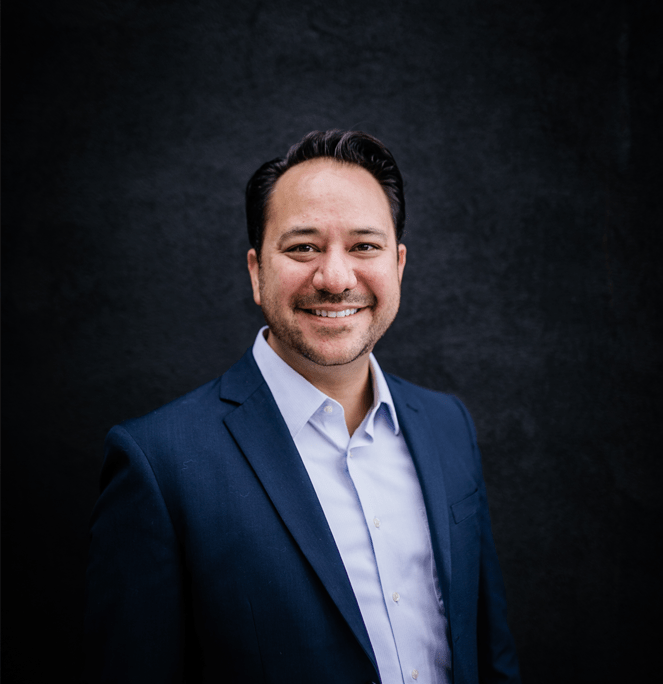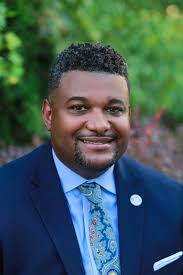Equity in Economic Development
We recently hosted an incredibly inspiring webinar focused on “Equity in Economic Development” featuring Anatalio Ubalde, CEO of SizeUp and GIS Planning, and Nathaniel Smith, Founder and Chief Equity Officer of Partnership for Southern Equity (PSE). They challenged us to rethink traditional economic development, how we measure success, and the lack of diversity and inclusion in what should truly be a team effort. We must work on these problems, not only for the sake of those who are being left behind, but for our own profession.

“Traditional economic development measures jobs and capital investment. It is a blunt instrument. How different would our profession be if we measured the improvement of the lowest 20th percentile? Economic developers should be taking a leadership position, but we are following tradition, and it is killing our profession.”
– Anatalio Ubalde

“We have, first and foremost, to be committed to undoing the inequitable culture of economic development; creating a culture that moves from extraction, moves from exploitation, moves from this idea of increasing a tax base by any means necessary towards a strategy that is centered in community regeneration.”
– Nathaniel Smith
Anatalio presented disturbing data that illustrates the economic inequality that exists in America today. Much of it can be found in his article, Black Lives Matter in Economic Development.
But fortunately he left us with some practical and clear action items that we can start working on today.
1. We need to speak up as leaders in our communities to bring attention to economic racial inequality that exists. We can educate and use data to show the problems, so that the discussions are framed around facts that lead to actionable policy.
2. We need to create programs to help racial minorities that are economically disadvantaged. It is not enough to raise the average income of your community because, a rising tide may lift all boats, but not everybody is able to afford a boat. There are many people who are in our communities who are drowning.
3. We need to bring more racial minorities into our organizations. Quoting Rodrick Miller: ‘Nobody understands black communities like black people. If we are expecting a profession that is overwhelmingly white to lead in restoring black communities it will never happen. That is not because people are bad but because they do not understand these communities.’
4. We need to remove information poverty. Lack of access to broadband internet and appropriate computing devices is connected to a lack of job opportunities, professional development, educational opportunity, and income.
5. It is important to support entrepreneurs and small businesses. They are where the new jobs are going to come from to replace the businesses that have been lost due to COVID-19. Although minorities have a much smaller portion of the total number of small businesses, they are actually growing in proportional share.
6. We need to measure what we fund. Programs funded by government and economic development can measure how well they serve those who are in most need. This can be accomplished by tracking the demographics of who is served and the impact of the services provided. How is funding directly serving ethnic and poor communities?
Nathaniel has a long history of challenging political leaders in the South. He left us with some key takeaways from Partnership for Southern Equity’s economic inclusion efforts in metropolitan Atlanta and beyond:
1. We must work collectively to advance a movement around public finance equity; engaging and educating the broader community about how public finance dollars are utilized to drive economic development.
2. Professional economic developers must create formal initiatives that train, educate and create the agency for local leaders to be economic developers themselves so they can engage effectively in the economic development process as voices and advocates for their respective communities.
3. Local governments and agencies must develop equity strategic plans that include measurable policies while initiating local hiring strategies to advance a more inclusive economic agenda.
4. PSE is in the process of developing an Equitable Development Implementation Tool (EDIT), a web-based public accountability tool that will support equitable development by elevating the understanding and influence of the community around how development occurs.
5. PSE is driving a new initiative called the Just Business Roundtable (JBR) where they are working with corporations and employers who have made a commitment to elevating racial equity as a competitive advantage.
“Equity is a journey not a destination. It is important to start where you are.”
– Nathaniel Smith
“COVID-19 exposed the racial inequity, and we as economic developers – the door is open – this is our chance to make change.”
– Anatalio Ubalde
We need to continue to challenge each other to rethink traditional economic development, and keep equity at the center of how we define and measure success. Now is the time to start.

Ready to take advantage of everything Greater Seattle has to offer?
